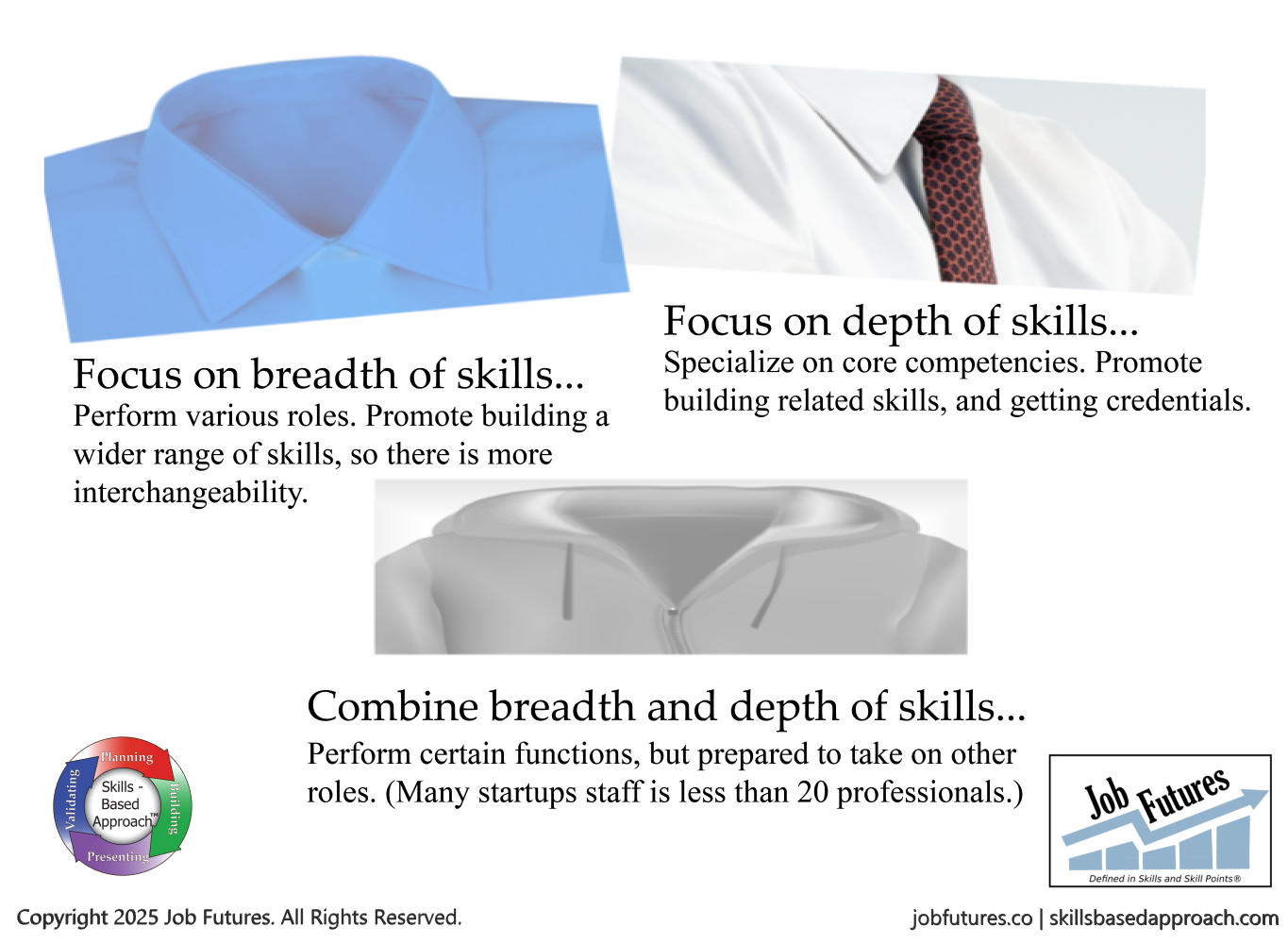Trying to predict how to best support a future workforce is precipitous right now.
How much are we willing to work? Are we required to work 60 hours a week? Do we want to work 40 hours in four days? Should we simply accept being monitored and analyzed for efficiency or automation?
As a leader (from education and experience), I believe in delegating and building larger teams where everyone works less, at least conceptually. Why is this not in practice? Why do banks and leading software companies ask employees to work 60 hours a week?
My theory is that individualism and high turnover creates a culture where companies and employees protect their seed ideas, research, and core technology. For companies, it is safer to deal with a smaller number of employees per team – no poaching, easier to monitor, etc. For employees, sharing your core research or ideas with your team means you might sacrifice future job security, a bonus, or someone else takes credit for them. But I am optimistic. I believe a collective of intelligence of a team is worth building, where the basis is mutual respect of its members. Companies should consider the time and resources to build them. One common argument for shorter work weeks is the countries where they are in practice report the highest levels of happiness.
I understand the pressure and race involved with developing apps and technology. Since I founded my company, a decade ago, I have worked every day of the week. At a minimum, I feel obligated to verify the websites are up, apps working, etc., if there is an issue, I immediately address it.
Do you want a blue collar, white collar, or hoodie job?
Our current service economy is being challenged as we are seeking to bring back manufacturing jobs. But the question is what drove us to become a service industry. Manufacturing jobs pay significantly less than service jobs, not to mention the perks of a service industry amenities like an office where you are not on your feet all day. Fareed Zakaria summed it up this way: where would you would like to earn on a Nike sneaker – the $20’s to make the sneaker or the $100’s to market and sell the sneaker for $120. Or the Intel CEO lamenting how manufacturing semiconductors is a good step, but do we want to do the assembly or design them?
How are we going to work with AI? Is technology going to create efficiencies? Is AI technology going to do everything and create net social wealth?
The Shopify CEO stated not to make another hire until there is “proof AI cannot do the job.” This a difficult proposition particularly combined with Bill Gates in a recent interview saying, “AI should be able to do everything a human does.” Fortunately, jobs were up this month, and CEW Georgetown predicts there will be 171 million jobs in 2031.
I think what is frightening is the prospect of who creates, accesses, and possesses AI. The European Union is on the right track in attempting to build frameworks and guardrails with AI. Without foresight and social planning, this will exacerbate the problem of generational, aspirational wealth and privilege to training. The chance of moving through social classes, a bedrock of our 21st century, might be gone forever. Sam Altman once said, AI is going to create the first “billion-dollar company run by a single person.”
If AI is not privileged to a few, we could create a social safety net, reduce the number of hours the typical person works, and not be required to work on our feet all day.
